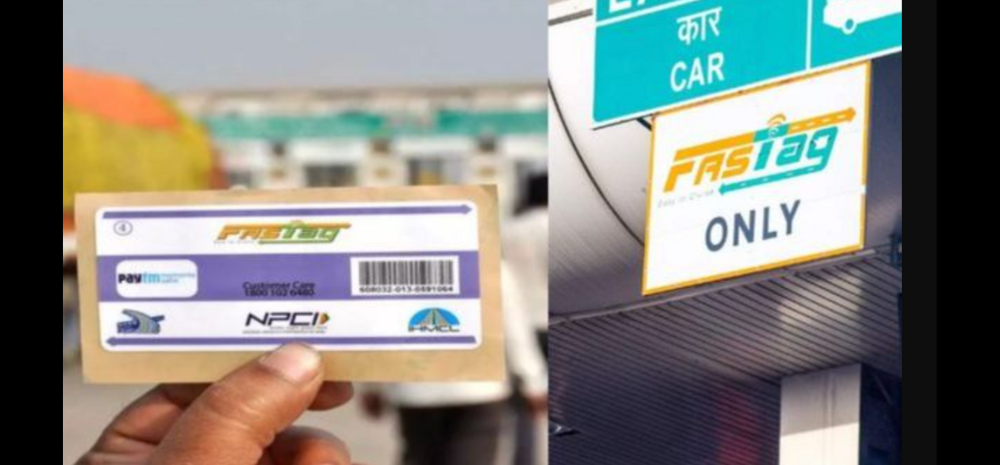The Reserve Bank of India (RBI) has introduced significant updates to its e-mandate framework, specifically targeting the auto-replenishment of services like FASTag and the National Common Mobility Card (NCMC). These changes aim to streamline recurring transactions that do not follow a fixed periodicity, enhancing the efficiency and convenience of essential services.

No Pre-Debit Notifications for Certain Transactions
As per the latest circular issued by the RBI, banks will no longer be required to send pre-debit notifications to customers for auto-replenishment of balances in FASTag and NCMC. Previously, under the e-mandate framework, a pre-debit notification had to be sent at least 24 hours before any scheduled debit from a customer’s account. However, the nature of transactions like FASTag and NCMC, which are recurring but occur irregularly, necessitated a change in this policy.
Streamlining Recurring Transactions
The RBI’s decision to exempt auto-replenishment transactions from pre-debit notifications reflects the need for greater flexibility in managing essential services. FASTag and NCMC balances often need to be replenished automatically to ensure uninterrupted service, such as toll payments and public transportation access. The updated framework allows these auto-replenishments to be triggered whenever the balance falls below a threshold set by the customer, without requiring prior notification.
Enhancing Customer Convenience
This update is part of a broader effort by the RBI to make the e-mandate framework more adaptable to modern payment needs. Since its introduction in 2019, the e-mandate framework has provided critical protections for customers by ensuring they receive advance notice of debits from their accounts. The latest changes acknowledge the importance of maintaining service continuity, especially for transactions that are routine and essential but lack a fixed schedule or amount.
Conclusion
The RBI’s update to the e-mandate framework marks a significant shift towards accommodating customer needs for automated, seamless transactions. By exempting certain transactions like FASTag and NCMC auto-replenishments from pre-debit notifications, the central bank is ensuring that essential services remain uninterrupted, ultimately enhancing the user experience and operational efficiency.











